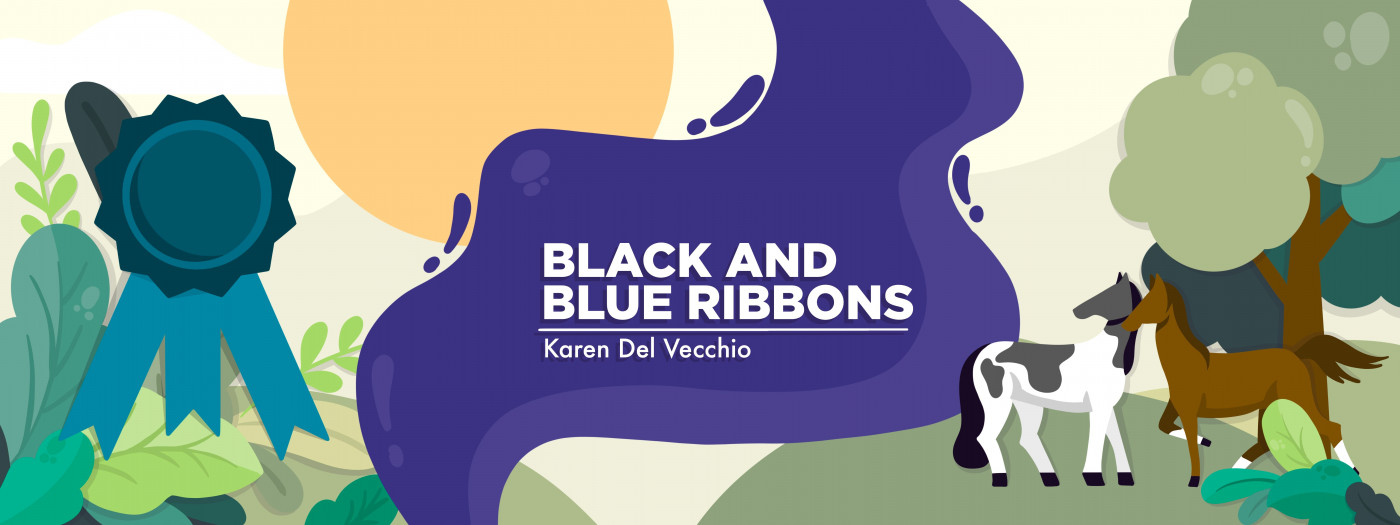Some holiday food won’t suit me, but I can enjoy the meals anyway
I've learned through experience that there are ways to protect myself
Written by |

With Christmas rapidly approaching, I’m excited about the holidays — partly because I’ll feel more confident in what I eat this year.
Between my alpha-gal syndrome and Ehlers-Danlos syndrome (EDS) food sensitivities, I sometimes have to struggle to enjoy holiday gatherings where food is served. But I’ve learned some habits over the past few years that have made those dinners a bit easier for me.
Communicate ahead of time. If I’m heading to a friend’s or relative’s house for a sit-down holiday meal, I reach out beforehand to ask what’s on the menu. If I’m at someone’s house for the holidays, we’re probably pretty close, so the host likely knows my issues and, more often than not, will reach out to me about my restrictions as meals are planned.
I always tell people that as long as I have one or two dishes to eat, I’m good; I certainly don’t expect people to change their entire menu to fit my admittedly difficult dietary restrictions. And if it’s a big gathering where I’m just popping in, I don’t worry about it at all. If there’s something there I can eat, great, and if not, it’s no big deal.
Don’t be afraid to ask for a recipe or read a label. If I see food that I might be able to eat but am not sure, I just ask if I can check the recipe. No one wants someone else to get sick by eating something by mistake, so I’ve never encountered a situation when someone wasn’t happy to share the ingredients with me, assuming the recipe is handy.
Bring something of my own to eat. I never show up to a gathering empty-handed anyway, but now that habit can serve double duty. I always make sure to bring something that I know that I can eat, which guarantees I’ll have something I can enjoy, regardless of what else may be available. Whether it’s an appetizer or dessert, it works out well as both a host gift and something yummy everyone can enjoy, myself included.
Make my own version of a dish if I miss it. For example, one item I love that’s often at holiday parties is spinach artichoke dip, which has loads of dairy and is often very rich. I can’t have dairy because of my alpha-gal, and overly rich food often upsets my stomach, presumably because of my EDS. But I’ve learned to make almost anything, so if I go to an event and really wish I could eat that dip, I’ll make some for myself at home to enjoy throughout the season. (It freezes well!)
In fact, I found a great recipe for spinach artichoke dip that takes some of the richness out of it, and I just swap out all the dairy-based ingredients for vegan versions. I’ve shared it with my family, and they can’t even tell the difference!
It’s great to enjoy holiday food with others, and thankfully, I’ve learned over time it’s OK to ask questions and gently advocate for myself. I never want to be a bother, but I’ve also learned from experience that if I’m going to a small gathering and I don’t communicate, the host usually feels terrible if it turns out there’s nothing I can eat. And who wants that? I know that I always want to help others, and I have to remind myself that it’s OK to allow others, if they want, to do the same for me.
Regardless of the food, though, I remind myself I’m really there to enjoy time with family and friends. I’m grateful to have such wonderful people in my life, and I’m looking forward to spending time with them over the upcoming season.
Note: Ehlers-Danlos News is strictly a news and information website about the disease. It does not provide medical advice, diagnosis, or treatment. This content is not intended to be a substitute for professional medical advice, diagnosis, or treatment. Always seek the advice of your physician or another qualified health provider with any questions you may have regarding a medical condition. Never disregard professional medical advice or delay in seeking it because of something you have read on this website. The opinions expressed in this column are not those of Ehlers-Danlos News or its parent company, Bionews, and are intended to spark discussion about issues pertaining to Ehlers-Danlos.




Katie Thompson
I love the idea of putting a twist in your favorite dish. I’ve had to create some safe foods for a colitis flare, and AI helped adjust recipes when I couldn’t find a specific recipe. Thank you for sharing!
Pam Simmons
Hi Karen I also have to modify recipes according to my tolerances. It is funny how different food sensitivities can be among people.